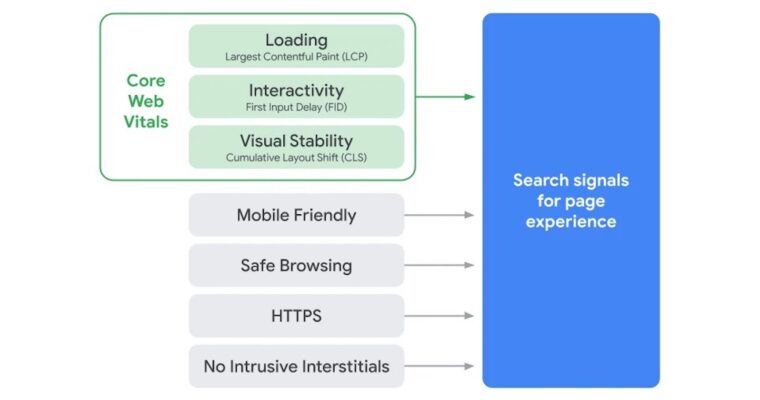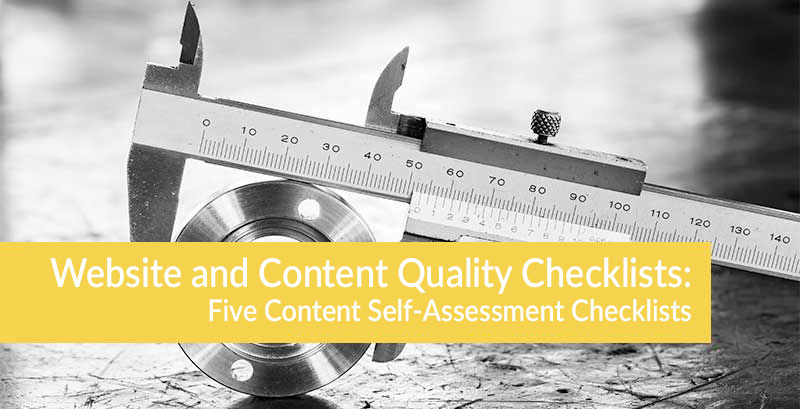Learn how to use SEO to connect, communicate, and network in 2020
Everything about 2020 is different. Except one thing – SEO still matters. In fact, now in 2020, SEO matters more than ever.
Your customers are online. They are working from home, attending virtual conferences, doing their research online, and making all of their connections through email, websites, social media, and Google.
You need to be online. But you need more than a website, Twitter account, LinkedIn page, and a blog. To keep your customers and attract new ones – you need a real SEO and digital marketing strategy.
In this blog we give you six SEO strategies that we know work. SEO strategies that put the focus on communicating and connecting with your customers.
Know Your Keywords
Keyword research tells you the questions people have, the problems they need solved, and the content you need to provide. Knowing your keywords is essential to ranking well in organic and paid search and to connecting with your audience.
Get to know your keywords with these 5 steps:
- Use a free keyword tool to find keywords with significant monthly search volume.
- Use Google to learn what questions people are asking.
- Identify your competitors’ keywords so you can compete directly with your competitors.
- Use Google Search Console to learn how people find information about you.
- Use AlsoAsked.com to find the questions people are asking about your keyword search terms.
Knowing your keywords is so important that we published an entire blog about keyword research and how to optimize your content for these keywords.
Go read Stop Overcomplicating SEO and Keywords: Find Your 20 Keywords for 2020 In 5 Easy Steps.
Learn About SEO
Knowledge is power – and the more you know about SEO, the easier it is to connect, communicate, and network online. But there is a lot of conflicting information out there about SEO, keywords, links, and content optimization.
And this is exactly why we want you to learn about SEO from us. We created the Know Agency 8-Week SEO Basics Course to give you a well-rounded introduction to SEO.
This free 8-week email course gives you an actionable weekly email built around the questions we hear from you – our clients. Learn about SEO so you can be empowered to make informed decisions about SEO, content, and your digital strategy.
Not ready to sign up? Learn more about our free 8-week SEO course.
Optimize Your SEO
Optimizing your SEO is how you fine-tune your SEO and digital marketing strategy. SEO optimization makes it possible for you to be where your audience is so you can be consistently found and clicked.
Optimize your SEO with these 5 SEO best practices:
- Measure your website speed. Use Google’s PageSpeed Insights to measure your site speed. Your website needs to load in two seconds or less.
- Refresh old content. This is a chance to incorporate new keywords, update links, address new issues or developments, and to show you’re up to date with the latest industry trends.
- Share your content on social media. Sharing your content on social media helps create social signals with search engines and demonstrates to your followers that you have valuable and credible expertise.
- Update blog, whitepaper, and article titles. Remember, people have limited attention spans – so your title needs to grab them immediately. Make sure your titles follow this Orbit Media title format: Target Keyphrase + Colon + Number or Trigger Word + Promise.
- Create quality content. Quality content lets you optimize your SEO, gives you something to share on social media, helps establish your expertise, authority, and trust with Google, and gives people a reason to visit your website.
Remember, SEO works – but only when you get the basics right. In early March when everything was in flux, we published a detailed post about optimizing your SEO.
Go read Your SEO To Do List: Optimize Your SEO with 10 SEO Best Practices.
Support Your Customers
Your website visitors deserve a high-quality page experience from you. Not only does a positive page experience help you give your customers what they deserve, it also helps you rank better with Google.
In fact, Google believes page experience is so important that it in 2021, it will evaluate your web pages with a set of page experience metrics and new Core Web Vitals metrics. With its new ranking algorithm, Google is measuring and scoring the usability of your website.
Because this is a key Google ranking algorithm update, we published a blog detailing page experience factors and Core Web Vitals. It’s important you read Google, Page Experience, Core Web Vitals, and Your Website so you learn why you need to put a priority on content and good design.
This image from Google sums up how page experience and Core Web Vitals fit together to rank web pages:

Get Found Online
Search engines help you get found online and you need to make it easy for search engines to find and understand your website. This is what an XML sitemap does for you. An XML sitemap tells Google and other search engines what your important web pages are and how they are connected.
In simple terms: an XML sitemap helps your SEO.
As part of your technical SEO strategy, you need to create and submit your XML sitemap to search engines. Read What You Need to Know About XML Sitemaps for details on what to include in your XML sitemap and instructions on how to create and submit your XML sitemap.
Connect, Communicate, Network
Facebook, Twitter, Instagram, and LinkedIn can be valuable tools for connecting, communicating, and networking with your audience. But only if you use these channels the right way.
It’s not easy to gain followers, so you need to think twice about the content you share and post on social media. Before posting, remember these 5 tips on posting social media content:
- Only post content that is useful to your audience.
- Don’t use trending hashtags and topics if they have nothing to do with your audience.
- Remember that social media is all about being social. Respond to comments and interact with your followers.
- Think of your keyword research and post content that helps your audience solve their problems and answers their questions.
- Show your personality. B2B relationships require a personal connection. Make it easy for your followers to get to know your team.
SEO and digital marketing should not be complicated or overwhelming. The Know Agency team is here to help you get found and noticed online. Call (888-241-4205) or email us. We are here for you and we are listening.
About the author
Jane Phelps is the CEO/Partner at Know Agency. Jane leads client SEO strategy and handles all aspects of in-house SEO demands. This includes providing SEO training, competitive analysis, keyword research, algorithm analysis, and the review of all new content to ensure SEO best-practices are followed. Jane holds a Master’s Certificate in Online Marketing from the University of San Francisco, is BrightEdge Certified.



